FGASA is transitioning towards becoming a SAQA-recognised professional body, as the South African government formalises guiding qualifications and standardises training, to align with the country’s tourism goals to produce top-tier field guides.
Hoedspruit, South Africa – 3 December 2024: In line with the South African government’s 2021 Tourism Sector Masterplan and Professionalisation Strategy, the Field Guides Association of Southern Africa (FGASA) is transitioning from a CATHSSETA-accredited training provider to a SAQA-recognised professional body for the nature guiding sector. This shift marks a positive change in the professionalisation and recognition of field guides.
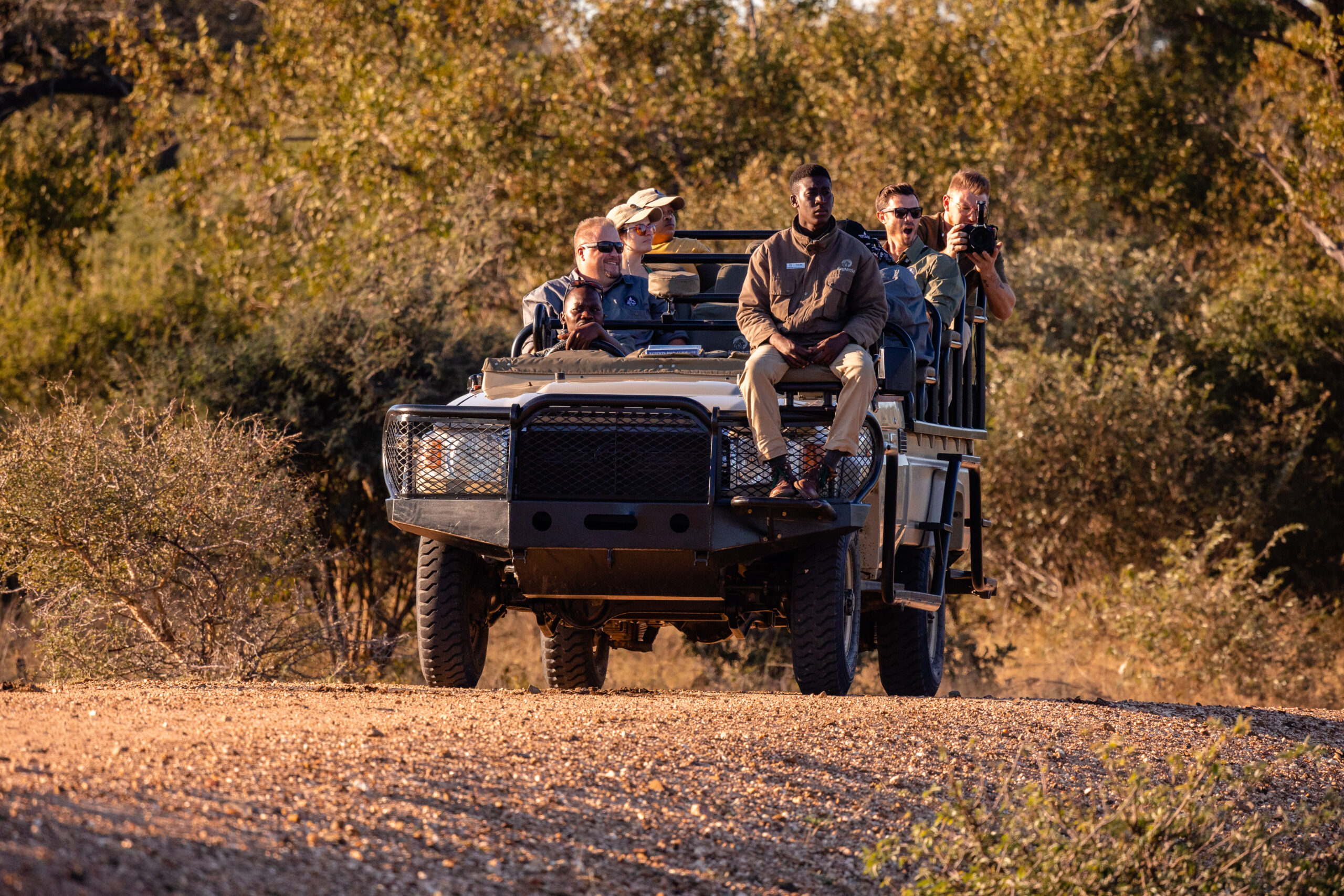
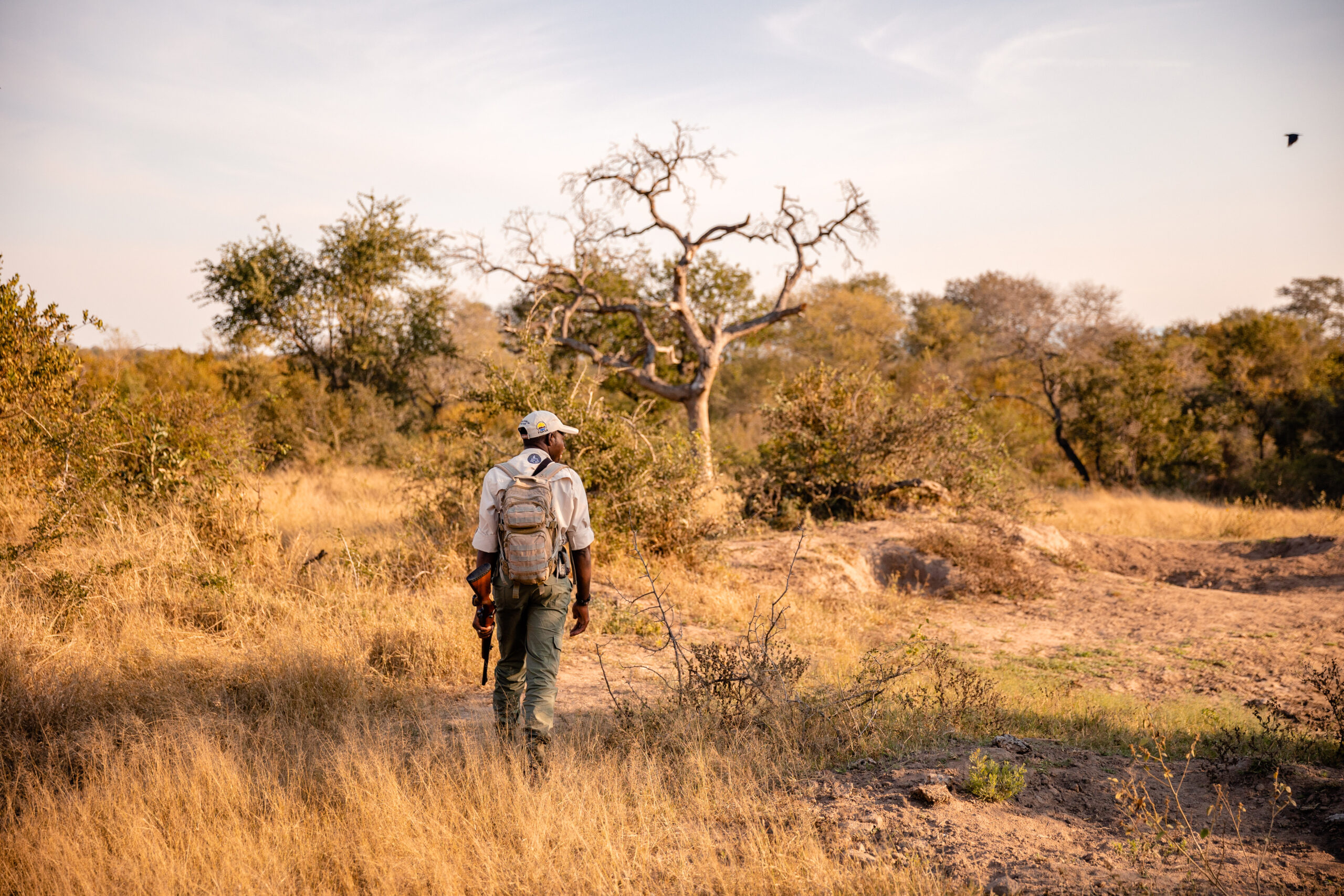
Since it was established as a non-profit organisation in 1991, FGASA has set professional standards for field guiding qualifications from entry-level to professional and specialist levels. More than 40 000 field guides have been developed through FGASA over the past three decades.
To support the guiding sector and tourism professionalisation strategy, FGASA is seeking recognition from SAQA as a professional body. “We will be able to better represent the interests of field guides, advocate for their professional development, and ensure the standards and qualifications are aligned with the industry’s needs,” says Michelle du Plessis, FGASA’s Managing Director.
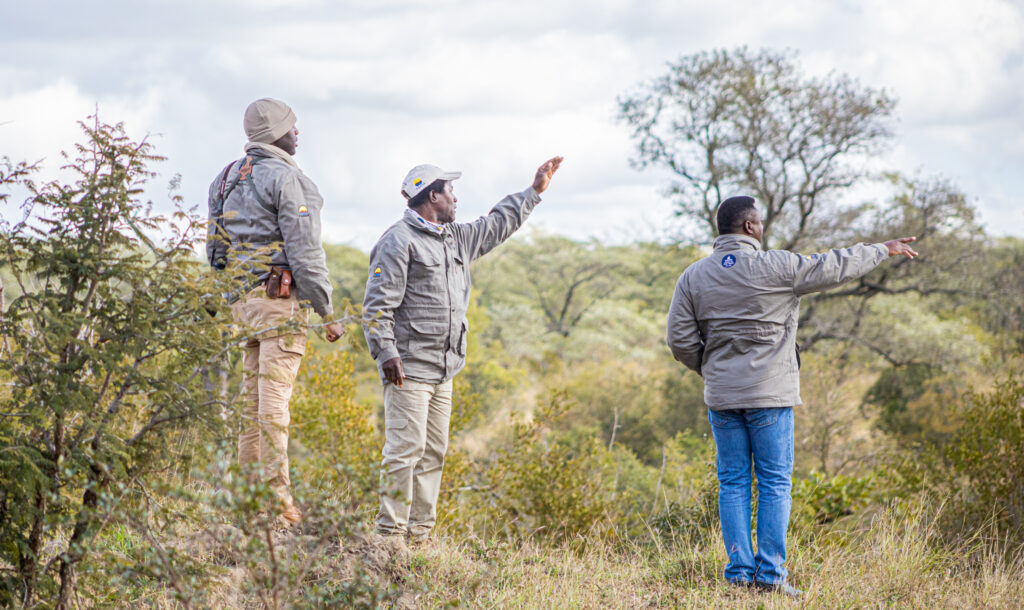
The most significant change is that FGASA will no longer be providing entry-level accredited programmes for nature guides from June 2026, the deadline of enrolment for the expiring CATHSSETA programmes. This means that in future, aspiring nature guides will need to obtain their entry-level qualification via the Quality Council for Trades and Occupations (QCTO). Those already undertaking their training before mid-2026 will have a three-year ‘teach out’ period in which to complete their certification.
During this time FGASA will continue to consult with its partners and the industry, provide guidance on the development of new qualifications to ensure a smooth transition from the current training system to the professional body model. “We’ve been working closely with CATHSSETA, the body responsible for overseeing the process, and other industry stakeholders to ensure the new qualifications are developed in a timely manner and to meet the needs of nature guiding as it evolves,” she adds.
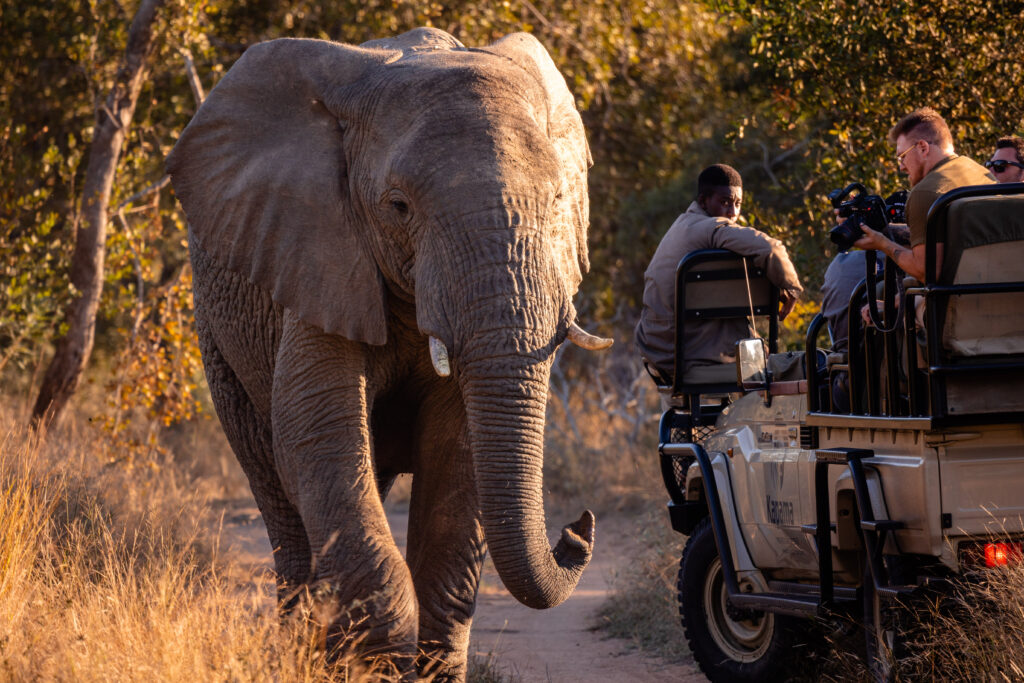
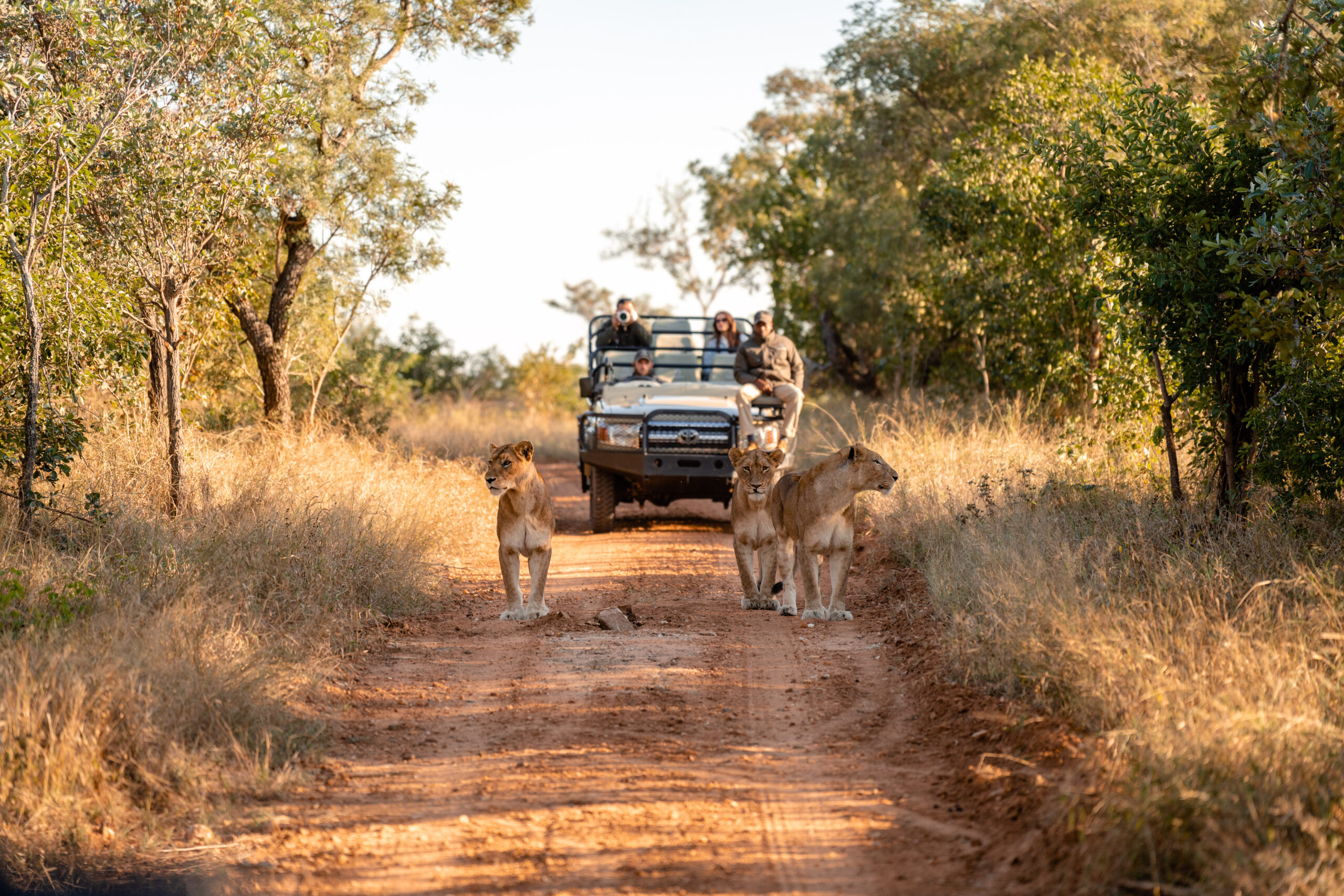
As the transition progresses, FGASA will complete the registration process to become a professional body with the South African Qualifications Authority (SAQA). “By formally registering as a professional body, we will be able to better advocate for the interests of our members, ensure the maintenance of high standards, and open the sector to greater diversity and transformation,” says du Plessis.
This shift aims to formalise standards, provide recognition, award professional designations and support the sector with continuous professional development for nature guides. “It’s the best thing that could happen to the guiding industry. It brings this profession in line with other recognised professions. It will position nature guiding as a professional career to ensure that guides are recognised as highly skilled professionals within the Tourism sector,” du Plessis explains.
“These changes will ensure that South Africa continues to produce the best guides in the world. By professionalising this sector, we’re not only supporting the guides, but also contributing to the overall growth and competitiveness of South Africa’s tourism industry,” she concludes.
Aspiring nature guides are encouraged to contact FGASA for further clarification at marketing@fgasa.org.za

